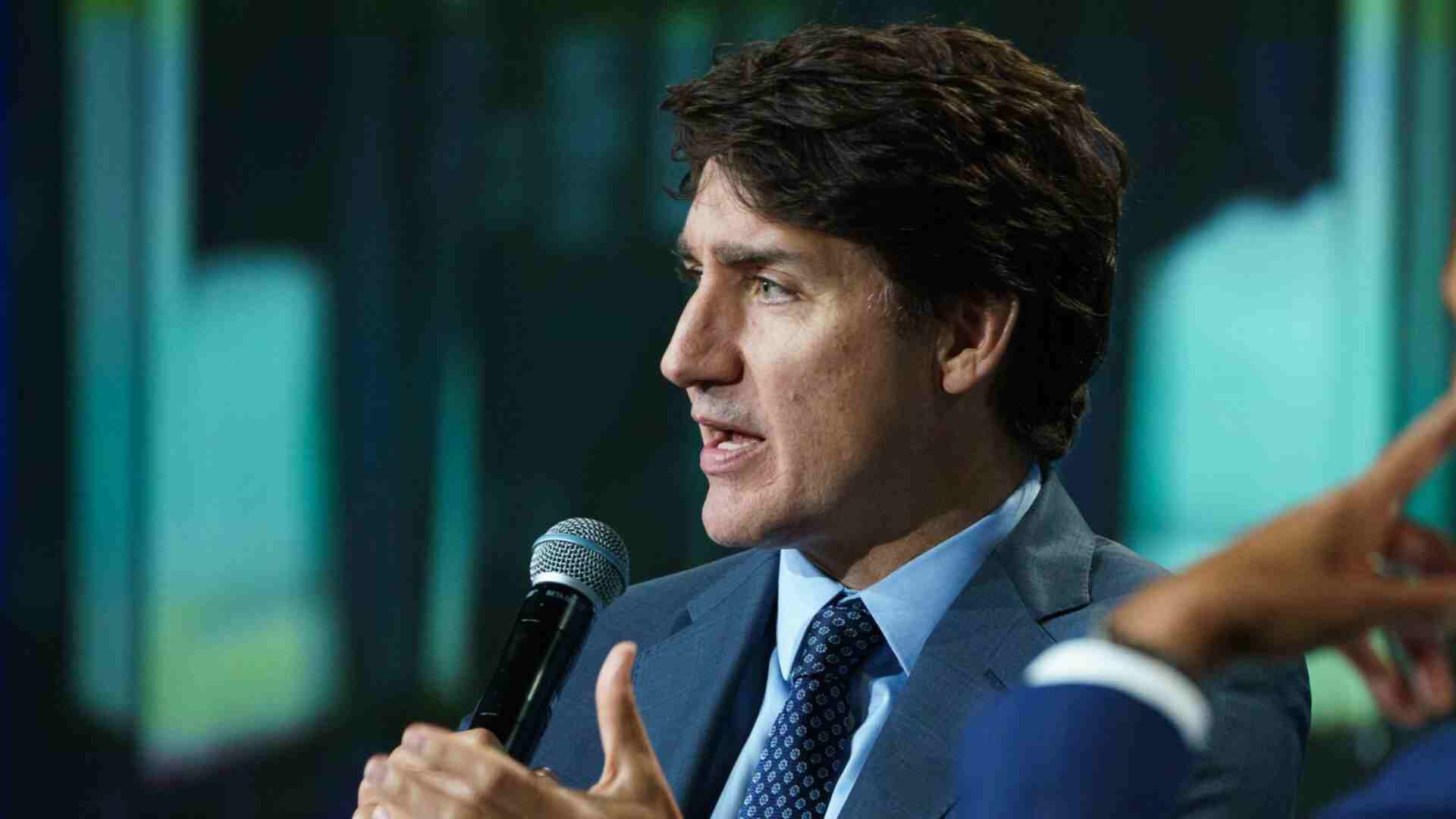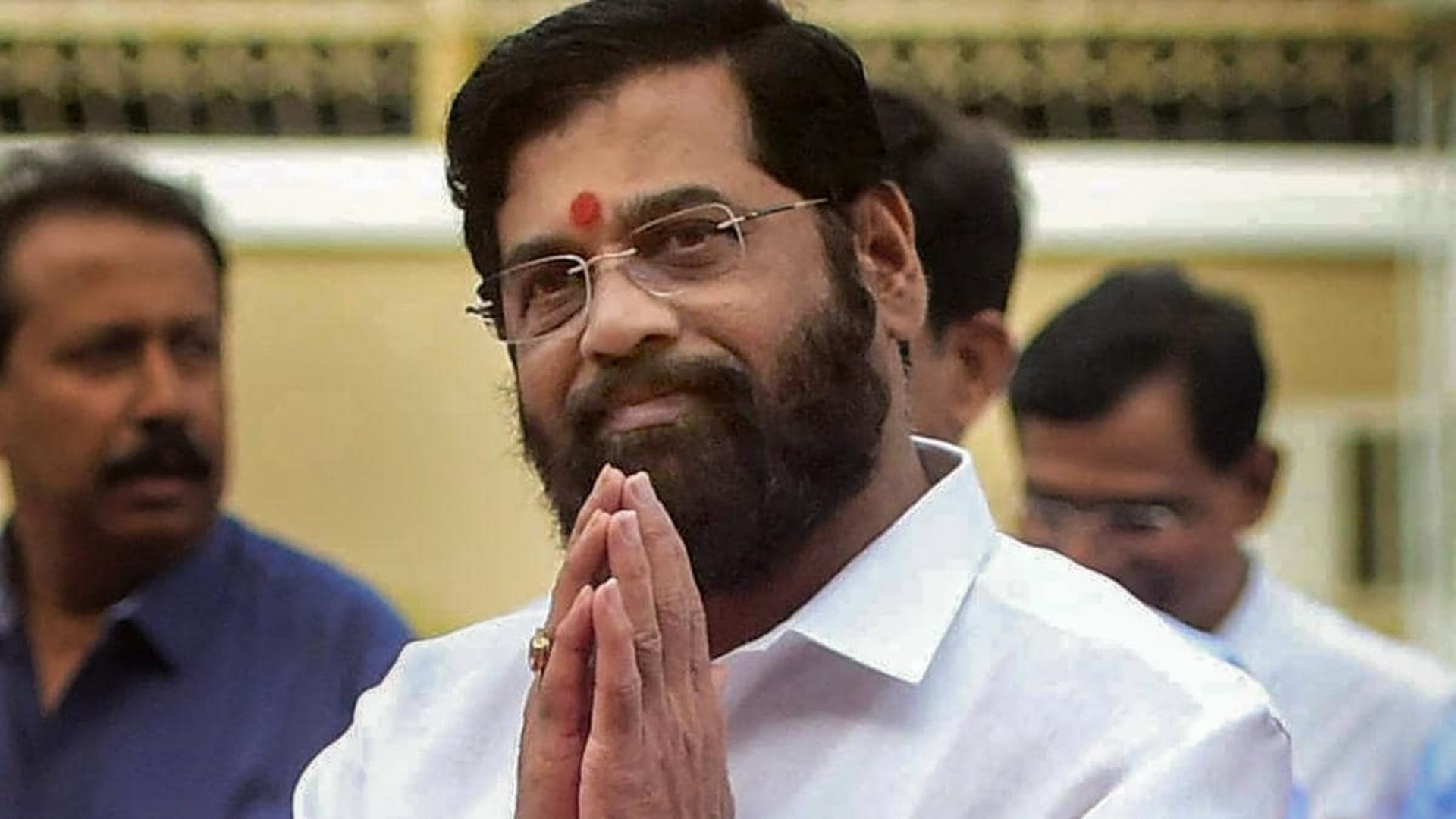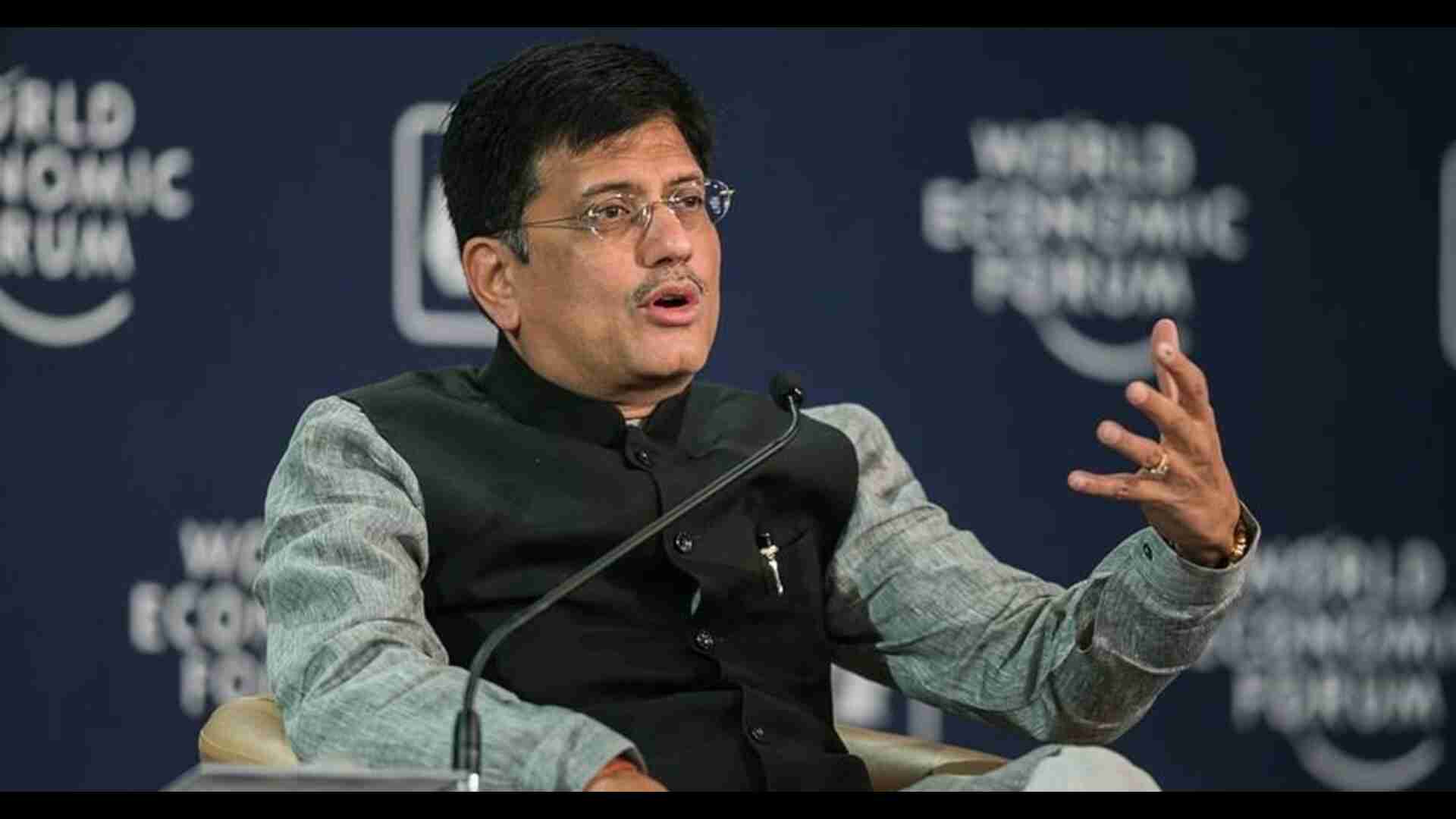
Over the course of my four-decade-long journey in the pharmaceutical industry, I have witnessed a significant transformation in the quality of medicines produced in India. Today, India proudly stands as a global pharmaceutical powerhouse, catering to the healthcare needs of people around the world with high-quality products. However, as we continue to make strides on the international stage, it is crucial not to overlook the quality of medicines available within the country for Indian consumers.
The Indian pharmaceutical industry is an umbrella for about 10,500 companies. Although drug exports have more than doubled in the past decade, the industry has recently faced a series of scandals—prominent among which was a 2022 WHO-led investigation into four contaminated cough syrups causing acute kidney injuries and linked to the deaths of 66 children in the Republic of Gambia.
These incidents prompted the Indian government to tighten manufacturing practices among pharma companies in India for improving the quality of drugs manufactured in India, thereby restoring its image in the world as the pharmacy hub of the world
Recent developments, such as the National Medical Commission’s Registered Medical Practitioner (Professional Conduct) Regulations, 2023 that advocate the use of generic medicines, have been put on hold after the Indian Medical Association (IMA) and the Federation of Resident Doctors Association approached the Centre and Union Health Minister Mansukh Mandaviya. These representations have highlighted various concerns, with a particular focus on the issue of quality. In response to these concerns, the Indian government has taken several proactive measures to ensure that the medicines available to its citizens meet the highest global standards.
Recognizing the paramount importance of good quality medical products in maintaining the well-being of the population, the government has adopted Schedule-M, a section of the Drugs and Cosmetics Act, 1940, which outlines Good Manufacturing Practices (GMP) for pharmaceutical companies in India. These GMP standards encompass a comprehensive framework that covers various aspects of the manufacturing process, from machinery and facilities to personnel, testing, storage, and record-keeping. In a significant move to enhance the quality management standards of pharmaceutical manufacturing in India, the Health Ministry has introduced a Revised Schedule-M.
MAJOR AMENDMENTS IN REVISED SCHEDULE-M
The Revised Schedule-M, which will soon come into effect, includes some vital factors:
=Batch Record Review & Stability Studies: Batch record review procedures are now an essential part of compliance, emphasizing the need for meticulous oversight of production records, while stability studies will be carried out to make sure drugs maintain their potency and efficacy till their expiry date
=Stress on Computerized Systems: The revised schedule attaches significant importance to the integration of robust computerized systems, reinforcing data integrity and accuracy in pharmaceutical processes
=Stopping Cross-Contamination: A prominent addition to the Revised Schedule-M is the stringent measures to stop cross-contamination during the manufacturing process. This includes detailed guidelines on Air Handling Units (AHUs) and filtration levels to reduce the contamination risk
=Multi-Product Shared Facility: The schedule also delineates technical and organizational steps to minimize the risk of cross-contamination for facilities that handle multiple products
The Revised Schedule-M aligns seamlessly with WHO-GMP standards and introduces essential requirements related to batch record review, stability studies, and measures to prevent cross-contamination during the manufacturing process. By doing so, it aims not only to ensure compliance with global drug standards but also to foster innovation, boost exports, and build trust in the quality of manufactured medicines.
Moreover, the government has provided distinct timelines for the implementation of the Revised Schedule-M, allowing both large-scale enterprises and smaller units sufficient time to adapt to the new compliance standards. This strategic approach includes a 12-month grace period for small-scale manufacturers and a six-month window for larger units to obtain WHO-GMP certification, commencing on August 2, 2023.
As industry leaders advocate for a shift towards a Pharmaceutical Quality System (PQS) approach, it is evident that a commitment to innovation and quality will continue to shape the future of India’s pharmaceutical landscape. With these concerted efforts and initiatives, India is well on its way to ensuring that the quality of medicines available to its citizens matches the highest global standards, reinforcing its position as a pharmacy for the world and for its own people.
The author is MD & Founder at MediSage.















